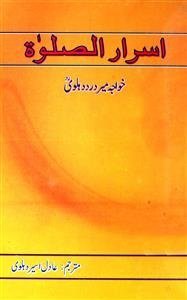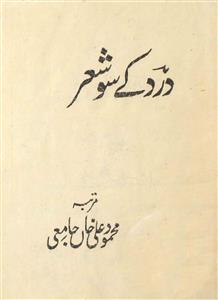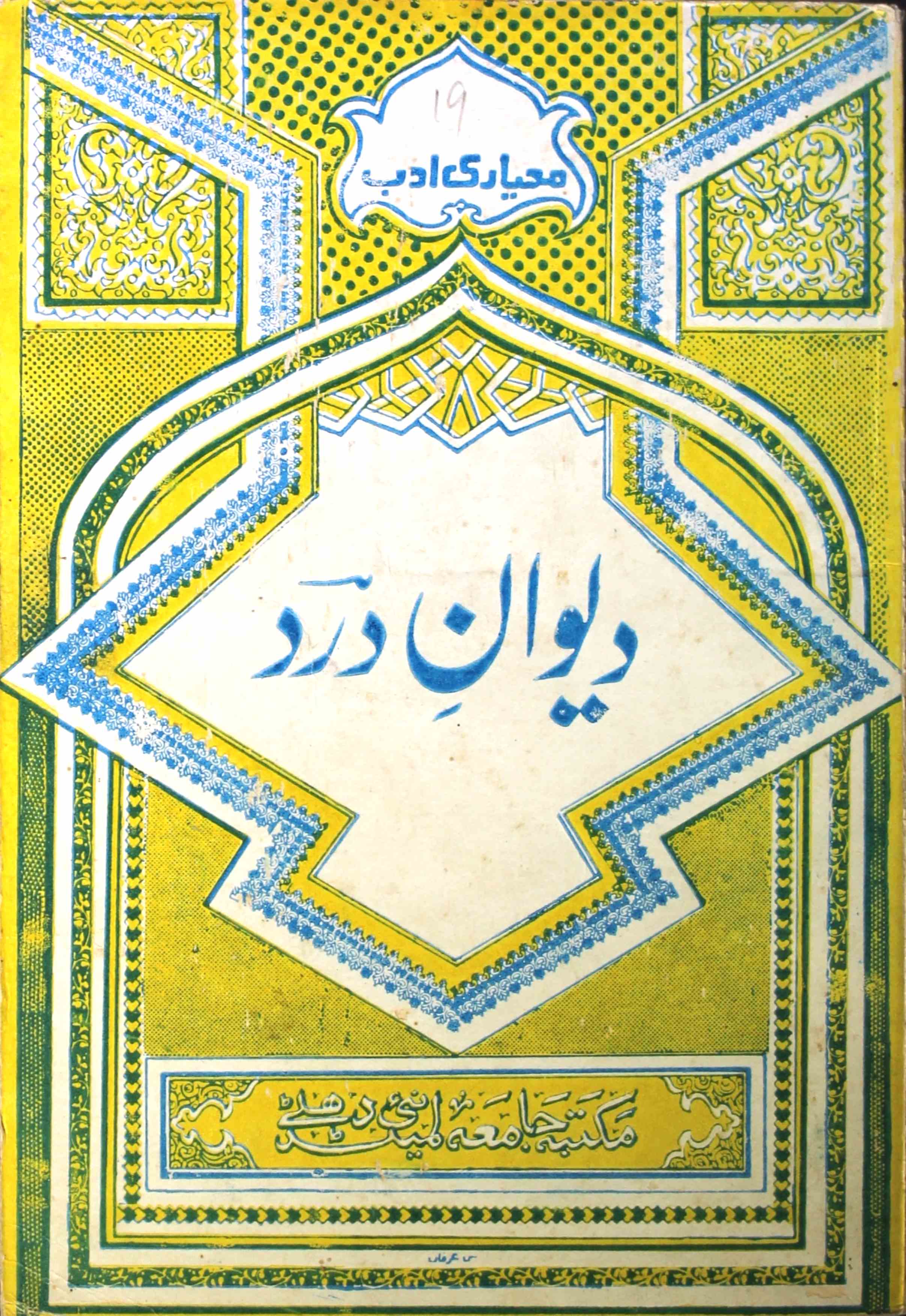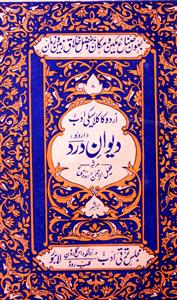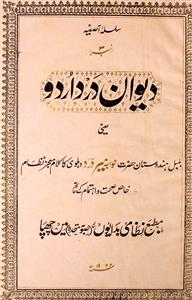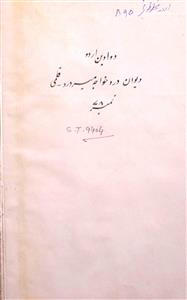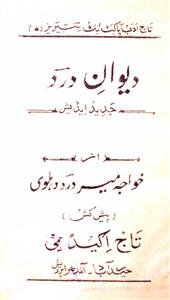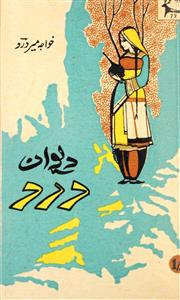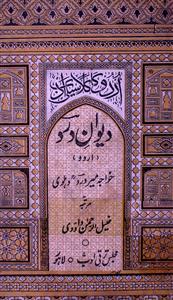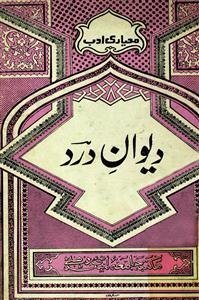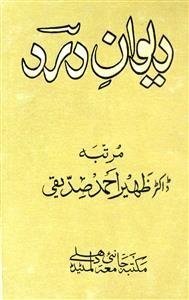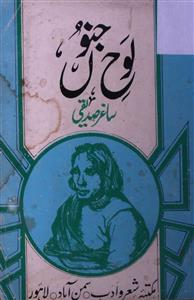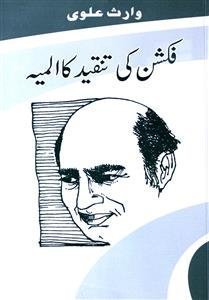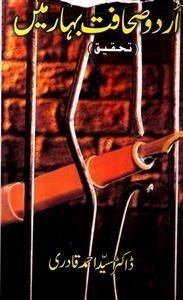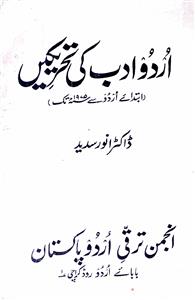 For any query/comment related to this ebook, please contact us at haidar.ali@rekhta.org
For any query/comment related to this ebook, please contact us at haidar.ali@rekhta.org
About The Book
خواجہ میر درد دہلوی فارسی اور اردو کے اہم شعرا میں شامل ہیں۔ اردو اور فارسی دونوں میں مختصر دیوان میر درد کی یادگار ہیں۔ نثر میں سات تصانیف فارسی زبان میں ہیں۔ پیش نظر خواجہ میر درد کی پہلی فارسی تصنیف"اسرار الصلوۃ" کا اردو ترجمہ ہے۔ جو انھوں نے پندرہ برس کی عمر میں رمضان میں بحالت اعتکاف لکھا تھا۔ اس رسالے میں نماز کے ارکان اور اس کے متعلق اہم نکات کو بیان کیاگیا ہے۔ نماز کے سات رکن ہیں اس مناسبت سے رسالہ بھی سات فصلوں میں منقسم ہے۔ ہر باب کا آغاز فصل کی جگہ "سر" کا استعمال ہوا ہے۔ رسالے میں جگہ جگہ قرآنی آیات اور احادیث کے استعمال سے ظاہر ہوتا ہے کہ میر دردکو علم الکلام اور دیگر علوم پر قدرت حاصل تھی۔ رسالے کے اختتام پر ایک رباعی بھی شامل ہے۔ درد نے ارکان نماز کے سات ہونے کا نکتہ یہ بیان کیا ہے کہ اللہ تعالی نے اپنی حکمت بالغہ کے کمال سے اس کائنات کی تخلیق سات چیزوں پر کی ہے۔ اسی لیے سات افلاک، سیارے سات، طبقات الارض سات، شب و روز سات ہیں۔ اس لیے نماز کے اراکین بھی سات ہیں۔ عادل اسیر دہلوی نے" اسرار الصلوٰۃ " کا اردو ترجمہ آسان اور عام فہم زبان میں کیا ہے۔
About The Author
Khwaja Mir Dard (1721-1785) was born Syed Khwaja in Delhi. His ancestors had migrated from Bukhara to India but his father who worked as a royal mansabdar relinquished his position to lead the life of a Sufi. Dard received his comprehensive religious education under the supervision of his father. He spent all his life in Delhi and remained a witness to the invasions of Nadir Shah and Ahmed Shah Abdali, as also the Maratha conquest of North-west India. He was, however, keenly interested in music, both vocal and instrumental and he held soirees of music, and mastered the art to perfection. As a Sufi, he was respected equally by the royalty and the nobility. This Sufi poet and theologian of the 18th Century Delhi is an important representative of the Naqshbandi, Mujaddidi lineage of Sufism. He is also known as the leader and theoretician of the Muhammadi path because he fashioned himself in the image of the Muhammad, the last prophet of Islam.
Dard had mastery over the Arabic, Persian, and Urdu languages. His close reading of the holy Qur’an, Traditions of the prophet, jurisprudence, and religious literature, made their mark on his poetry. His expertise in music further defined the tone and tenor of poetic expression. Effortless in his expression and direct in his addresses, he emerged as a renowned mystic poet, both in Persian and in Urdu. He was, by turn, an impassioned advocate for poetry and humble apologist for art. He considered poetry merely as one talent among the many talents of mankind. Poetry, to him, was inspired speech addressed to both the human and the divine. He differentiated between two types of speech, or kalaam, one of them being internal, or nafsi, and the other being verbal, or lafzi. He believed that a poet negotiates between two types of speech: the external, or zaahiri; and the internal, or batini. This reflection on language, speech, and expression underline the modes of Dard’s poetic apprehension and expression. He has to his credit a collection of Urdu ghazals, a Persian Divaan, a prose discourse called Ilm-ul Kitaab, a compilation of mystical sayings called Chahaar Risaala, and a book on the Muhammadi path.
 For any query/comment related to this ebook, please contact us at haidar.ali@rekhta.org
For any query/comment related to this ebook, please contact us at haidar.ali@rekhta.org
